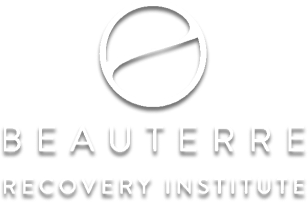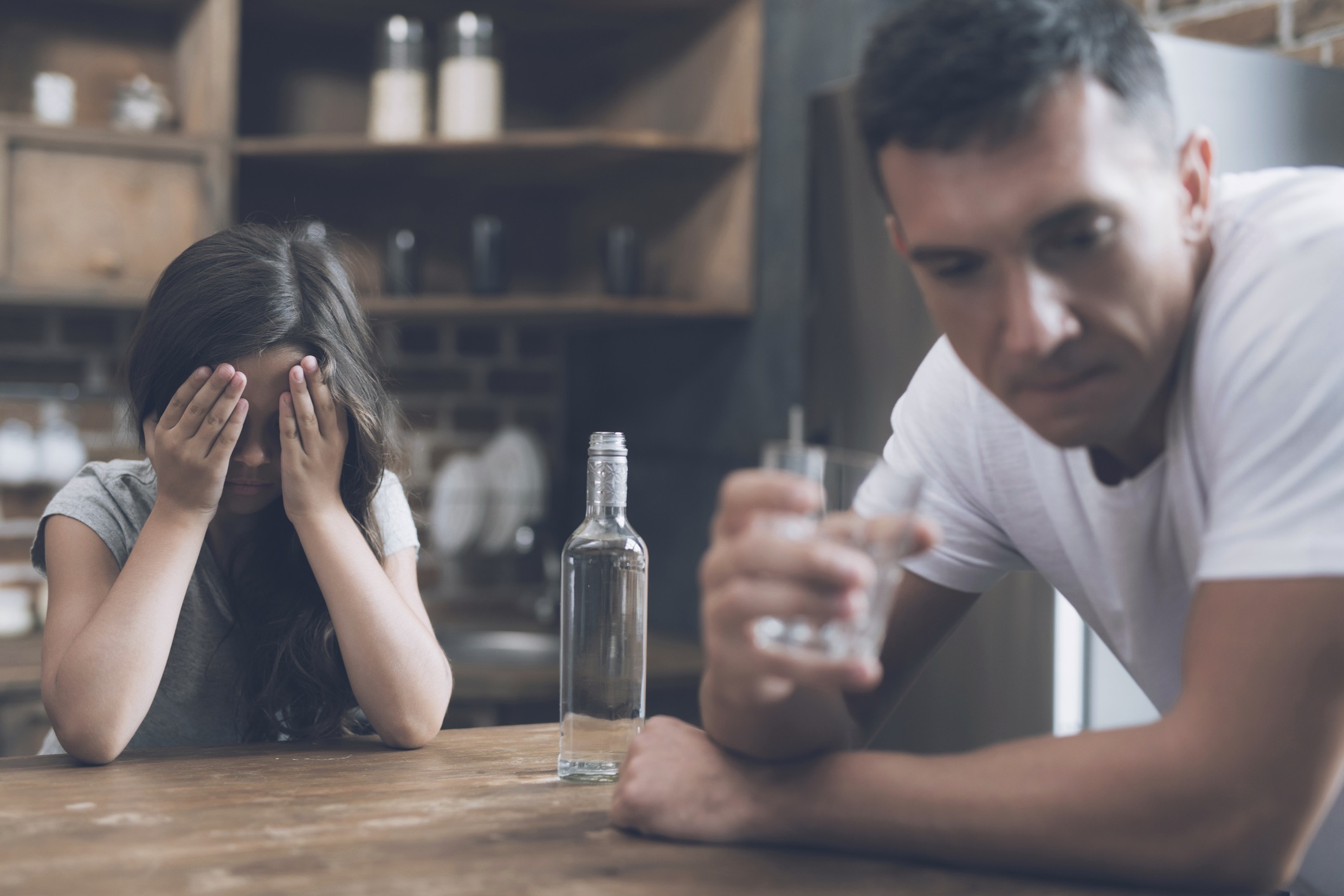The damage alcoholic parents cause due to their alcohol use disorder can be more subtle than verbal and physical abuse. As they grow, children require guidance from adults to strike a balance between autonomy and belonging. Adult children of alcoholics (ACoA) rarely receive this, which can lead to many problems. As one daughter of an alcoholic mother told author Robert J. Ackerman, “My mother has been dead four years, but I still have a hangover.”
This emotional hangover often takes the form of codependency, a controlling need to be a caretaker of others in order to maintain one’s self-worth. Codependent adult children of alcoholics can slide into addictive behavior themselves, using chemicals, sex, work or other compulsive activities to buoy their self-esteem. Alternatively, ACoA may lack initiative due to an unreasonable, internalized guilt over others’ behavior. These ACoA become what Ackerman calls “overly conforming” to the demands of others. Either way, their upbringing has so stymied their internal emotional access that ACoA feel they must look to the outside for validation.
The Desire for Perfection
Robert Ackerman’s classic book Perfect Daughters: Adult Daughters of Alcoholics (1989, revised 2002) describes how “a self-concept of inadequacy and shame develops” in the child’s mind if parents and others are neglectful due to the preoccupations of alcoholism. Since active alcoholism takes center stage in the home at all times, even the child’s personal successes, like excellent grades, may be overlooked. So the child becomes more and more desperate for stability and attention.
This, in turn, could cause the development perfectionistic control issues, as the child attempts to make order out of the alcoholic chaos in which they live. Some children of alcoholic parents may take on adult-like responsibilities with siblings or homemaking, and bring that need for control into their adulthood. Perhaps this sense of responsibility seems like a positive side-effect, but it can exact an emotional toll.
Elusive Integrity Reclaimed with Recovery
Every child of an alcoholic knows what it’s like to be in the presence of an emotionally dis-regulated parent. This negative example can affect how they learn to regulate their own emotional responses. The National Association for Children of Addiction quotes author Tian Dayton on the importance of attaining “emotional sobriety” regarding the suffering ACoA have experienced.
“Emotions impact our thinking more than our thinking impacts our emotions,” Dayton says. ACoA must learn to self-regulate their emotional state to avoid repeating the addictive patterns of their alcoholic parents. This does not mean suppression of emotion. This means feeling feelings deeply, but using the brain to “decode” our emotions and establish a balance, an equilibrium, between our “thinking mind” and our “feeling mind.”
One of the leading figures in the study of ACoA was the late Janet G. Woititz. Dr. Woititz literally wrote the book on Adult Children of Alcoholics (1983, expanded 1990) which became an influential bestseller. In her book Woititz lists “13 Characteristics of ACoA,” of which I would like to share just one:
13. Adult children of alcoholics are impulsive. They tend to lock themselves into a course of action without giving serious consideration to alternative behaviors or possible consequences. This impulsively leads to confusion, self-loathing and loss of control over their environment. In addition, they spend an excessive amount of energy cleaning up the mess.
ACoA, like addicts, must learn to be mindful from moment-to-moment. Ackerman’s Perfect Daughters describes this phenomenon as a dynamic of “Integrity Versus Disgust.” In short, he writes, “the most negative legacy of alcoholic families is producing adults who do not like themselves.” However it is here where Ackerman finds hope for ACoA:
The core of recovery is related to this . . . By working through all of the previous stages and becoming the people that we would like to be, we can recover from alcoholism, from missing certain developmental stages and from us. We gain the ability to look in the mirror and like what we see.
If you or someone you love is struggling with issues related to alcohol use disorder, please call Beauterre Recovery Institute today.
 Beauterre Recovery Institute
Beauterre Recovery Institute
